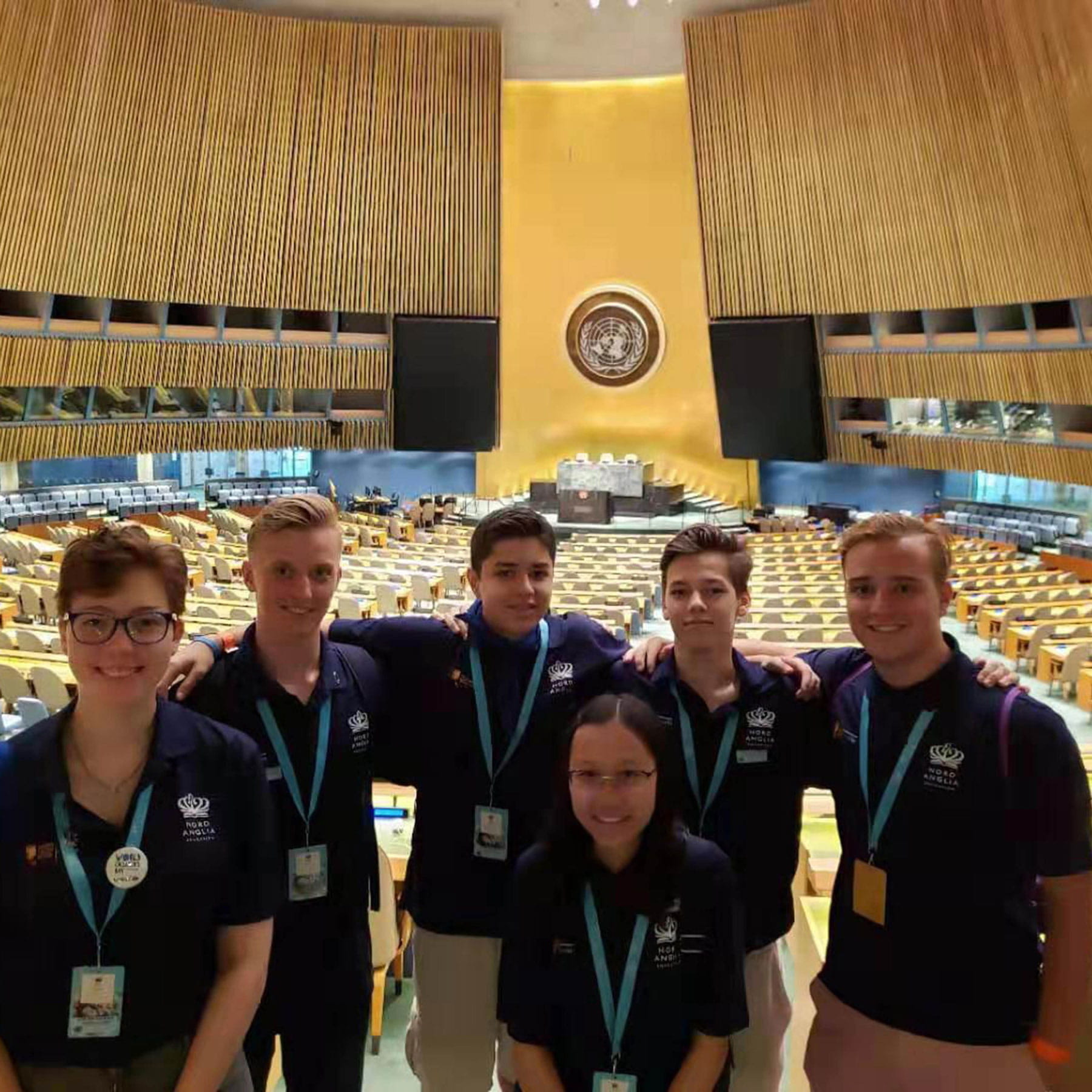With our advanced curriculum, dedication to global awareness, and many efforts to develop our students’ social entrepreneurship, BSB Shunyi is leading in social purpose in the communities surrounding us – locally, in China, and throughout the world. Our engaged students deliver over 2,500 volunteer hours per term for local and global causes.
Especially motivated by the CAS (Creativity, Activity & Service) component of the IB Diploma, social entrepreneurship is centred in our curriculum, as we challenge our students invent solutions to some of the world’s biggest challenges. BSB Shunyi’s Eco-Committee – well known in our school for building an effective recycling programme long before it was enforced by the local government – enthusiastically works to ensure our school is environmentally conscious and sustainable, with students of all ages participating in it.
Furthermore, every year, we participate in and lead both local and global Model United Nations, hosting our own MUN Club weekly and BRITMUN annually. Our active UNICEF programme also challenges our students to think about how they can make a difference to support the UN Sustainable Development 2030 agenda.


























